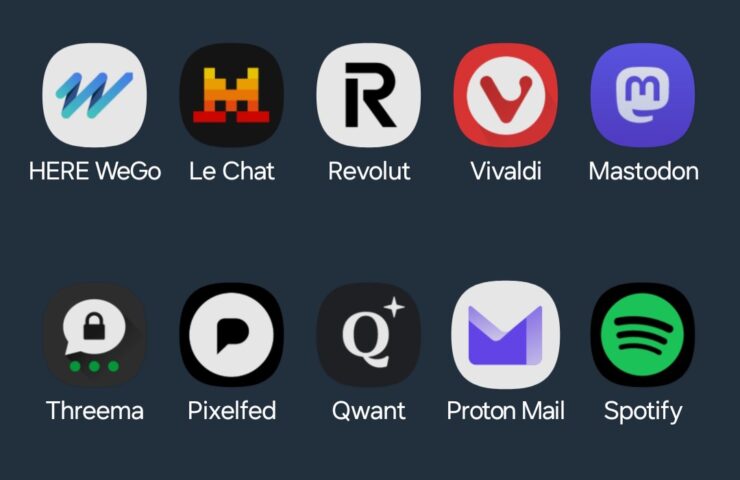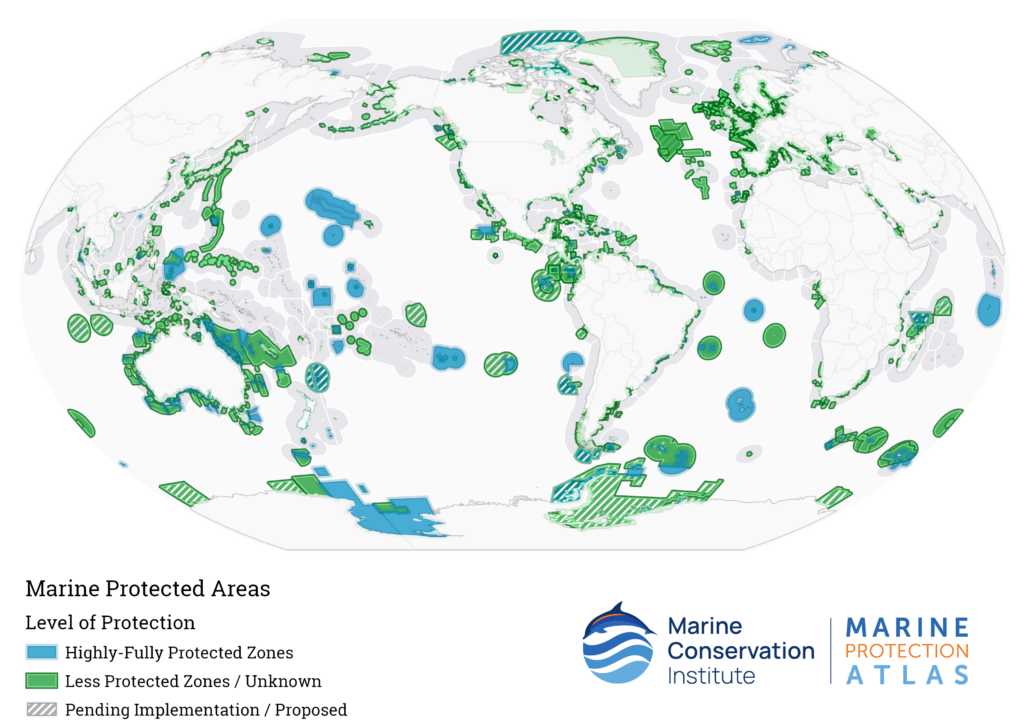For some time now, I’ve been gradually replacing U.S.-dominated digital services with European-developed alternatives — both on my PC and my phone. This isn’t a one-time switch, but an ongoing experiment in digital autonomy, privacy, and balance.
The screenshot shows one screen of my phone, featuring European apps and platforms that I actively use or am currently testing. These include alternatives to browsers, email, messaging, navigation, video, search, and more.
This journey was inspired in part by the European Alternatives directory — a fantastic, regularly updated list of digital tools created and hosted in Europe. The project was started by Constantin Graf, an Austrian developer who maintains the initiative.
Here’s a selection of European apps I’m actively using or currently testing — some of which appear in the screenshot:
- Vivaldi: A privacy-focused Norwegian browser
- Mastodon: Federated microblogging platform. I’m also testing Rodent, a Mastodon client that feels more complete in terms of UX/UI.
- Pixelfed: Federated image-sharing platform, focused on privacy and decentralization.
- Qwant: A French search engine
- Threema: Swiss secure messenger
- Proton Mail: Swiss encrypted email
- PeerTube: Decentralized video platform
- pCloud: European cloud storage
- Mullvad VPN: Swedish privacy-first VPN
- Spotify: Swedish-based streaming service — although some question its alignment with European digital sovereignty
- HERE WeGo: Navigation app developed in Germany (is this fully independent of US resources?). I’m also testing Lokjo, a promising open-source alternative using OpenStreetMap.
- Le Chat: Chatbot interface for Mistral AI’s French language models
- European Alternatives: Mobile version of the directory itself
This isn’t about cutting all ties with US services overnight. It’s about creating space — to support platforms that reflect European values like transparency, sustainability, and decentralization.
If you’re curious to explore alternatives, the European Alternatives directory is a great place to start.
Also on Mastodon: @[email protected]
#EuropeanAlternatives #DigitalSovereignty #Privacy #Fediverse #OpenSource

